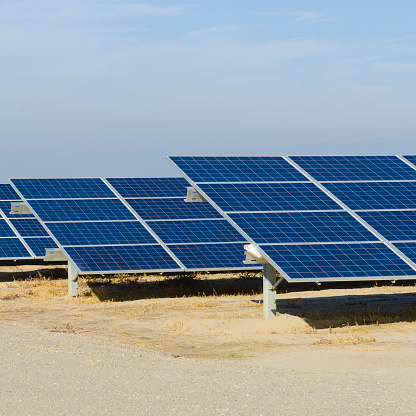Solar energy systems are generally reliable and low-maintenance, but they can still experience various issues over time. Some common problems that can occur in solar energy systems include:
- Dirt and Dust Accumulation: Dust, dirt, leaves, and other debris can accumulate on the surface of solar panels, reducing their efficiency. Regular cleaning is essential to maintain optimal performance.
- Shading: Even a small amount of shading on a solar panel can significantly decrease its output. Nearby trees, buildings, or other structures can cast shadows on panels, affecting their overall efficiency.
- Inverter Issues: Inverters convert the direct current (DC) generated by solar panels into alternating current (AC) that can be used in homes and businesses. Inverter failures or malfunctions can lead to decreased energy production or complete system shutdown.
- Wiring and Electrical Problems: Damaged or degraded wiring, loose connections, or faulty electrical components can lead to reduced system efficiency and safety concerns.
- Panel Damage: Hail, wind-blown debris, and other environmental factors can damage solar panels. Even small cracks or micro-cracks can impact the panel’s performance over time.
- Degradation: Over the years, solar panels can experience a gradual decrease in efficiency due to factors like exposure to UV radiation and temperature variations. While modern panels are designed to have low degradation rates, it’s still a consideration.
- Inadequate Maintenance: Regular maintenance is crucial for optimal system performance. Neglecting maintenance tasks can lead to decreased energy output and more serious issues over time.
- Weather Events: Severe weather events like hailstorms, heavy snow, hurricanes, and strong winds can cause physical damage to solar panels and other system components.
- Rodent Damage: Rodents can chew through wires and damage other components of a solar energy system, leading to malfunctions and safety hazards.
- Monitoring System Failure: Many solar systems come with monitoring systems that track energy production and system performance. If the monitoring system fails, detecting and addressing issues becomes more challenging.
- Software and Communication Problems: Some solar energy systems include software and communication components that allow remote monitoring and control. Malfunctions in these systems can lead to inaccurate monitoring and control issues.
- Installation Errors: Improper installation can lead to a range of issues, including inefficient positioning of panels, inadequate wiring, and suboptimal system performance.
- Pest Infestations: Birds and other pests can nest under solar panels, causing damage and creating safety risks.
- System Aging: Like any technology, solar energy systems age over time. Components may need replacement or upgrades to maintain efficiency and performance.
- Manufacturing Defects: Rarely, manufacturing defects can lead to premature failures or performance issues in panels or other components.
To mitigate these issues, it’s crucial to work with reputable solar installers, perform regular maintenance, and monitor the system’s performance. Being proactive and addressing problems as they arise can help ensure the long-term reliability and effectiveness of your solar energy system.


